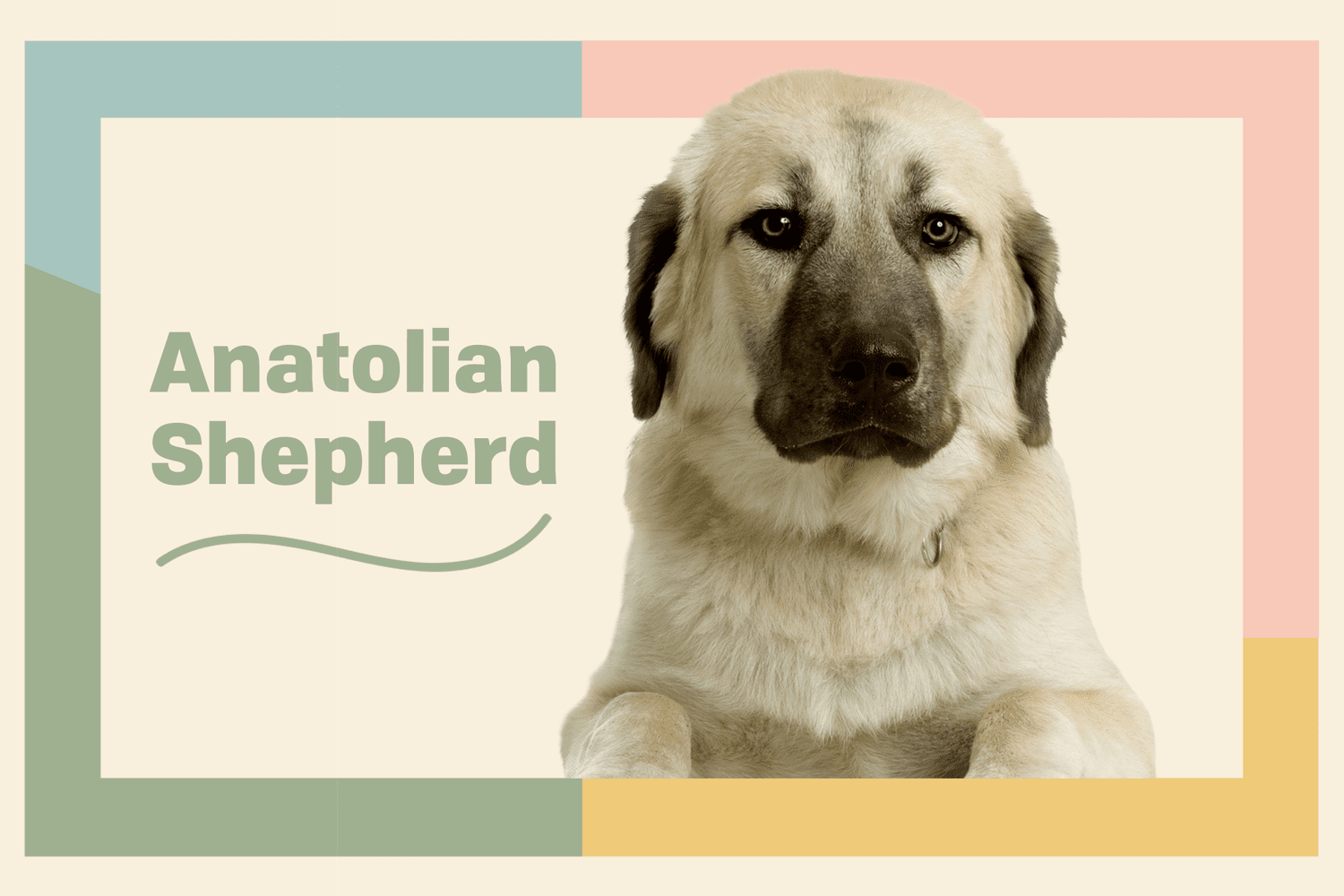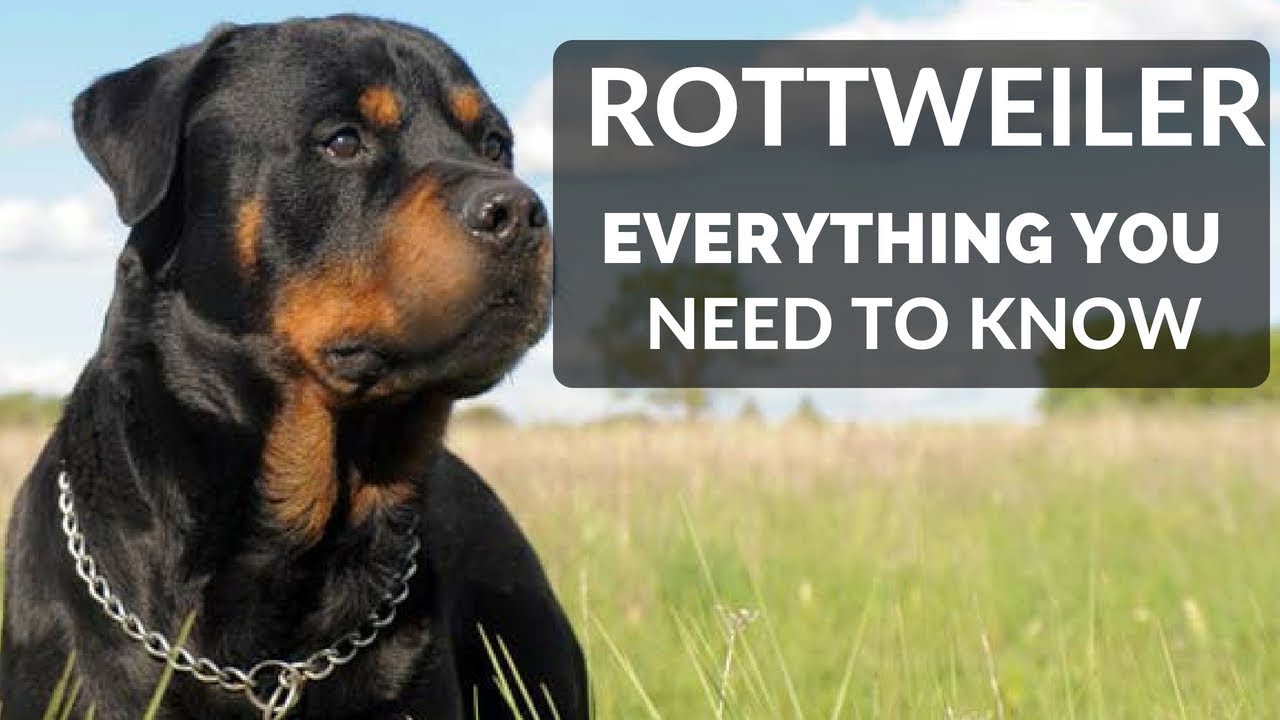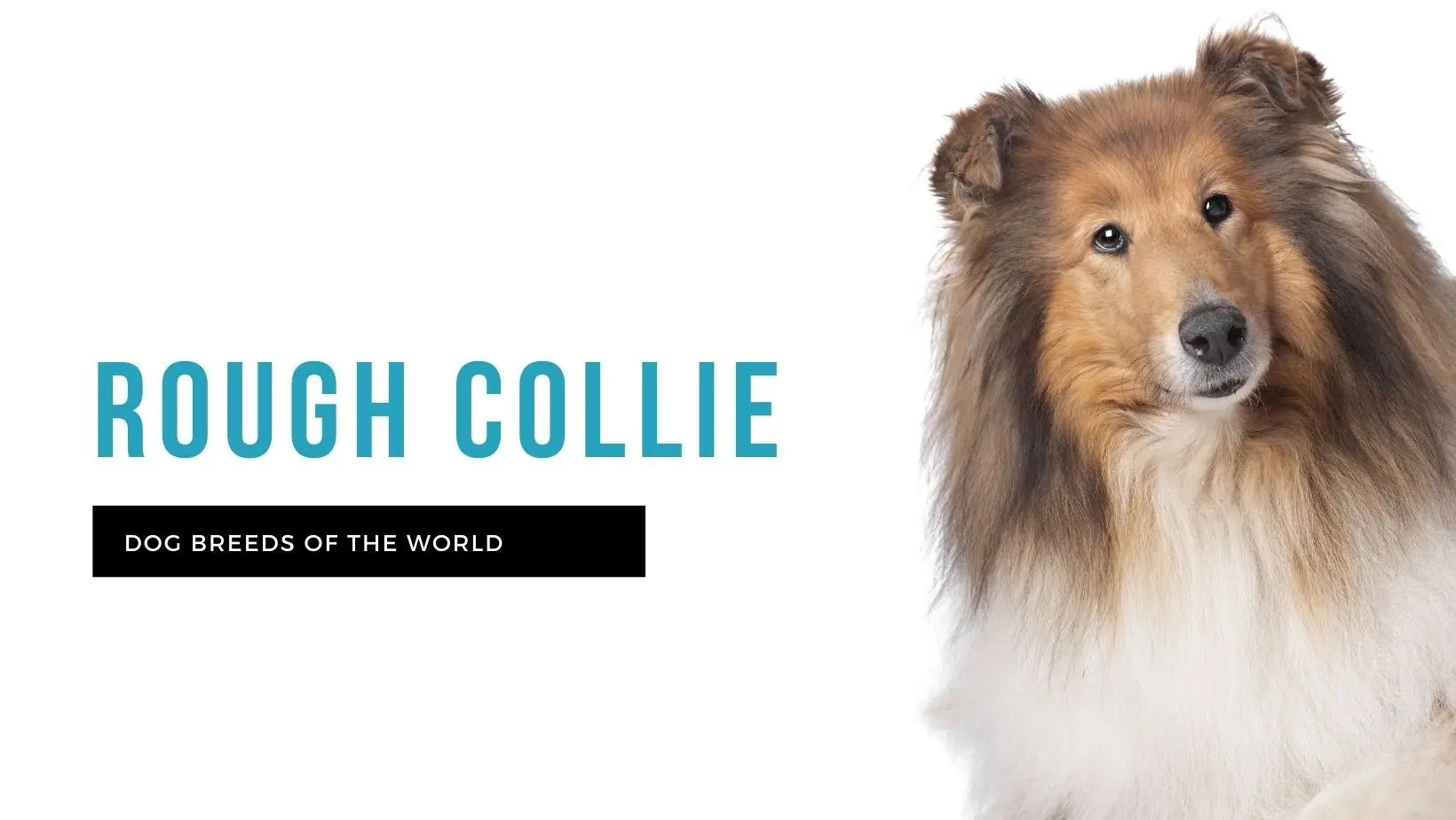🐾 Complete Guide to Anatolian Shepherd Dogs: A Loyal, Protective Companion
The Anatolian Shepherd, also known as the Kangal, is a large, powerful, and intelligent dog breed that originated from Turkey. Known for their protective instincts, these dogs have historically been used as livestock guardians, protecting sheep and other animals from predators. If you’re considering bringing an Anatolian Shepherd into your home, this guide will provide you with all the details you need to know, from care tips to training advice, and everything in between.
Anatolian Shepherds are often described as independent and confident, with a natural instinct to guard their family and territory. However, they also require a knowledgeable owner who can manage their strong-willed personality. If you’re ready for a devoted and protective companion, the Anatolian Shepherd could be an excellent choice.
🐕 Overview of the Anatolian Shepherd
- Breed Name: Anatolian Shepherd
- Also Known As: Kangal, Karabash, Anatolian Kangal, Turkish Shepherd
- Origin: Turkey
- Size: Large (Male: 110-150 lbs, Female: 90-120 lbs)
- Height: 29–34 inches
- Life Expectancy: 11–13 years
- Coat: Short to medium, dense, double coat
- Colors: Fawn, sable, brindle, black with tan points, white
- Temperament: Protective, independent, intelligent, loyal, calm
- Energy Level: Moderate to high
- Good with Children: Yes, but they need proper training and socialization
- Good with Other Pets: Generally good with other animals, especially livestock, but early socialization is key
🏞 History and Background of the Anatolian Shepherd
The Anatolian Shepherd breed has a rich history that dates back thousands of years in the Anatolia region of Turkey. These dogs were originally bred to guard flocks of sheep and other livestock from predators such as wolves, bears, and jackals. With their sharp instincts and protective nature, they were invaluable to farmers and shepherds who needed reliable guardians for their herds.
Over time, the Anatolian Shepherd’s role as a livestock guardian dog has made it one of the most highly regarded breeds in Turkey. Despite their intimidating size and appearance, they are known for their gentle and protective nature when it comes to their family, especially children and other pets that they are raised with.
🧬 Key Characteristics of the Anatolian Shepherd
1. Physical Appearance
The Anatolian Shepherd is a large and imposing dog with a muscular build, making them effective guardians. Their coat is dense and weather-resistant, with a slightly rough texture. The most common colors for the Anatolian Shepherd are fawn, sable, and brindle, though they can also come in white and black with tan points.
- Head: Large, broad, and slightly domed with a strong jaw and expressive eyes.
- Eyes: Almond-shaped and dark brown, conveying intelligence and alertness.
- Ears: Triangular and set high, typically hanging close to the head.
- Tail: Curled over the back, a distinctive feature of the breed.
- Coat: The Anatolian Shepherd has a short to medium-length double coat that helps them withstand the harsh Turkish climate. Their coat sheds seasonally, so regular brushing is necessary.
2. Temperament
Anatolian Shepherds are independent, intelligent, and protective. They were originally bred to work alone in the fields, and this strong-willed, independent personality is still evident in modern Anatolian Shepherds. These dogs are not typically eager to please like some other breeds, so they need an owner who can provide clear, consistent leadership.
- Protective: Their primary role is to guard and protect, and this instinct is strong in the breed. They tend to be very protective of their home, family, and property.
- Loyal: While they are independent, they are deeply loyal to their family members and will go to great lengths to protect them.
- Reserved with Strangers: Anatolian Shepherds are typically reserved around strangers, but with proper training and socialization, they can become more relaxed.
- Gentle: Despite their large size and intimidating presence, they are gentle with their family and other pets when raised properly.
🏡 Caring for an Anatolian Shepherd
Anatolian Shepherds require specific care to ensure they remain healthy, happy, and well-behaved. Their large size, protective nature, and independent personality mean that they need an owner who can provide them with plenty of physical activity, mental stimulation, and consistent training.
1. Exercise Needs
Due to their history as livestock guardians, Anatolian Shepherds have moderate to high energy levels. They require regular exercise to stay fit and healthy, but they are not as energetic as some other working dog breeds. A daily walk, along with time to run in a secure, fenced area, will keep them physically active.
- Daily Walks: Aim for at least 30-45 minutes of exercise each day. They enjoy long walks and can handle longer hikes in the countryside.
- Playtime: Provide opportunities for interactive play in a secure yard. They love playing fetch and are generally very agile for their size.
- Mental Stimulation: Anatolian Shepherds are highly intelligent and benefit from problem-solving activities such as puzzle toys, scent games, and obedience training.
2. Grooming
Anatolian Shepherds are relatively low-maintenance when it comes to grooming, but their dense coat will shed heavily, especially during seasonal changes.
- Brushing: Brush their coat at least 2-3 times per week to remove loose hair and reduce shedding. During shedding season, more frequent brushing may be necessary.
- Bathing: Only bathe your Anatolian Shepherd when necessary, as frequent bathing can strip their coat of natural oils.
- Ear Care: Regularly check their ears for signs of infection and clean them with a gentle ear cleaner.
- Nail Trimming: Trim their nails regularly to avoid overgrowth.
3. Diet and Nutrition
Anatolian Shepherds require a balanced diet to maintain their large, muscular frame. Choose a high-quality dog food that meets their specific nutritional needs. Look for dog foods that list animal protein (such as chicken, lamb, or beef) as the first ingredient.
- Feeding: Feed your Anatolian Shepherd two meals per day. Avoid overfeeding, as this breed can be prone to obesity if not properly managed.
- Treats: Use healthy, low-calorie treats during training sessions to avoid excess weight gain.
4. Health Considerations
Anatolian Shepherds are generally healthy dogs, but like all breeds, they can be prone to certain health issues. Common health concerns include:
- Hip Dysplasia: A common genetic condition where the hip joint doesn’t develop properly, causing pain and mobility issues.
- Elbow Dysplasia: Another genetic condition affecting the elbow joints, leading to lameness and pain.
- Bloat: As a deep-chested breed, Anatolian Shepherds can be prone to gastric torsion (bloat), which is a life-threatening condition that requires immediate veterinary care.
Ensure that you take your Anatolian Shepherd for regular veterinary check-ups and keep up with vaccinations, flea/tick preventatives, and heartworm treatments.
🧑🏫 Training Your Anatolian Shepherd
Anatolian Shepherds are highly intelligent but also strong-willed and independent, which can make training a challenge for inexperienced dog owners. They need an owner who is firm, consistent, and patient. Positive reinforcement works well, but you must be clear with your commands, as these dogs tend to think for themselves.
1. Start Early: Early socialization and obedience training are crucial for this breed. The earlier you introduce them to new people, pets, and situations, the better adjusted they will be as adults.
2. Be Consistent: Set clear boundaries and be consistent with rules and commands. Anatolian Shepherds thrive on routine and predictability.
3. Socialization: Since Anatolian Shepherds are naturally protective, they need proper socialization from an early age. Introduce them to a variety of people, dogs, and environments to prevent overly territorial or aggressive behavior.
4. Establish Leadership: Be confident and assertive in your training approach. Anatolian Shepherds respect strong leadership, but they will challenge you if they sense you are unsure.
🛒 How to Choose an Anatolian Shepherd
When choosing an Anatolian Shepherd, it’s important to find a reputable breeder or consider adopting from a shelter or rescue. Be prepared to invest in their care, training, and exercise requirements.
- Choose a Reputable Breeder: Ensure that the breeder is knowledgeable about the breed and is breeding for health, temperament, and conformation.
- Adoption: Consider adopting an Anatolian Shepherd from a rescue organization, especially if you’re looking to provide a second chance to a dog in need.
- Visit the Parents: Always visit the puppy’s parents to get an idea of their temperament and health.
- Check Health Clearances: Make sure that the dog has passed health screenings for hip and elbow dysplasia, eye problems, and other breed-specific issues.
✅ Pros and Cons of the Anatolian Shepherd
✅ Pros:
- Protective and Loyal: They are incredibly devoted to their family and make excellent guard dogs.
- Independent: Anatolian Shepherds are good for owners who want a dog that can be left alone for periods of time.
- Intelligent and Trainable: While independent, they are highly intelligent and can excel in obedience training when approached correctly.
- **
Good with Livestock**: They are natural livestock guardians and are excellent at protecting animals.
❌ Cons:
- Stubborn: Their independent nature can make training more challenging for first-time dog owners.
- Not Ideal for First-Time Owners: Due to their size, protective nature, and strong will, they require experienced handling.
- High Exercise Needs: They need plenty of physical and mental stimulation to stay happy and healthy.
- Prone to Health Issues: Like any large breed, Anatolian Shepherds are susceptible to hip and elbow dysplasia.
💰 Price of the Anatolian Shepherd
The price of an Anatolian Shepherd can vary depending on the breeder, location, and whether you are purchasing a working-line or show-line dog. Generally, you can expect to pay anywhere from $800 to $2,000 for a purebred Anatolian Shepherd puppy.
- Initial Costs: Puppies from reputable breeders typically cost between $1,000 and $1,500. Show-quality puppies may be more expensive.
- Ongoing Costs: The cost of food, grooming, and veterinary care can add up, especially given the size and needs of the breed.
Conclusion
The Anatolian Shepherd is a magnificent breed, offering both protection and companionship to the right owner. Their intelligence, loyalty, and natural guarding instincts make them ideal for experienced dog owners who understand their unique needs. With proper training, care, and socialization, an Anatolian Shepherd can be an outstanding addition to your family. However, their independent nature requires a firm hand and a commitment to ongoing care and training.




